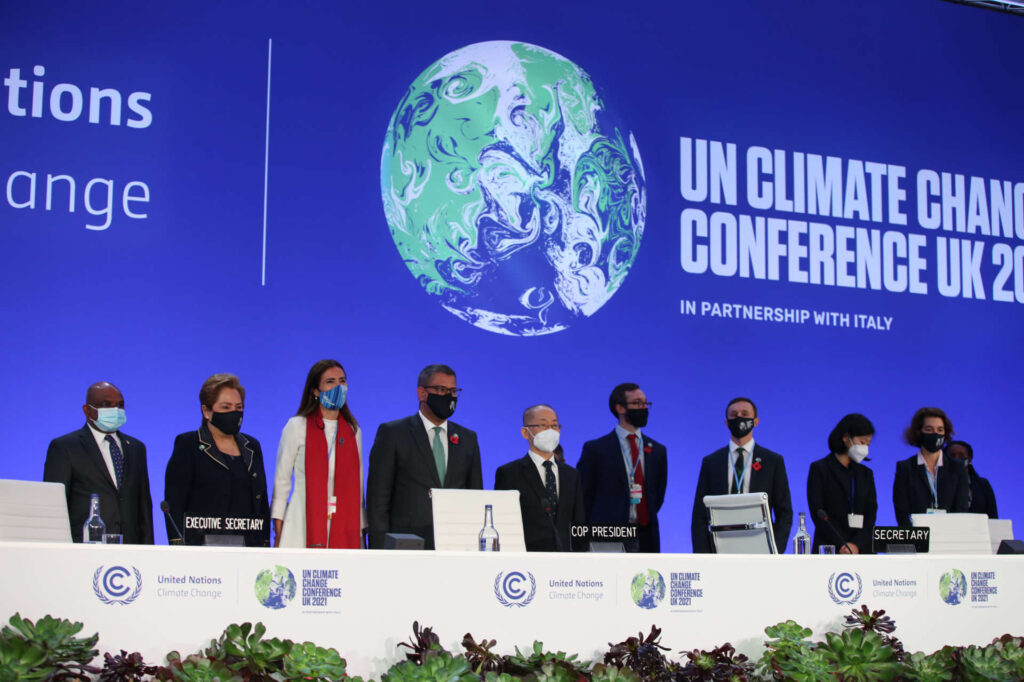
In the lead up to COP27, the health community has jointly developed policy recommendations on the themes of loss and damage, mitigation, adaptation and finance.
The Paris Agreement acknowledges the relevance of the right to health to climate action. To date, integration of health issues into policymaking and monitoring under the UNFCCC has been insufficient, despite IPCC warnings of human health impacts since 1990. Climate-sensitive health threats already cause millions of avoidable deaths annually, undermining the right to health and a healthy environment, and driving severe productivity losses.
Meanwhile, mitigation actions across sectors not only reduce climate impacts but yield health co-benefits: emissions reductions in the energy sector improve air quality; multimodal transport systems and green infrastructures improve air quality, support physical activity and can increase mobility equity and social cohesion and reduce the urban heat island effect; and sustainable food and agriculture systems protect and promote healthy nutrition.
The healthcare sector itself has a vital role to play in both adaptation and mitigation: as one of the three sectors most often prioritized for adaptation in Parties’ nationally determined contributions (NDCs), the healthcare sector contributes 4-5% of global emissions and can contribute to global emissions reductions efforts.
Mitigation and adaptation efforts across sectors can reduce health impacts, but health-related loss and damage as a result of insufficient mitigation and adaptation are growing. International finance is urgently needed to facilitate mitigation and adaptation, as well as to address loss and damage.
Healthy populations, which can be ensured by mitigation and adaptation efforts across sectors, are necessary for both economic productivity and overall climate resilience, being more likely to withstand and recover from climate shocks. This can be understood as health resilience.
Health is therefore both a prerequisite for and a critical indicator of climate action. Furthermore, health is a powerful accelerator for climate action: framing and monitoring climate action in health terms can build widespread support for ambitious action, and yield high economic returns on investment.
The recommendations (in English and Spanish) can be viewed here.
If you would like to discuss these recommendations, please email [email protected]

